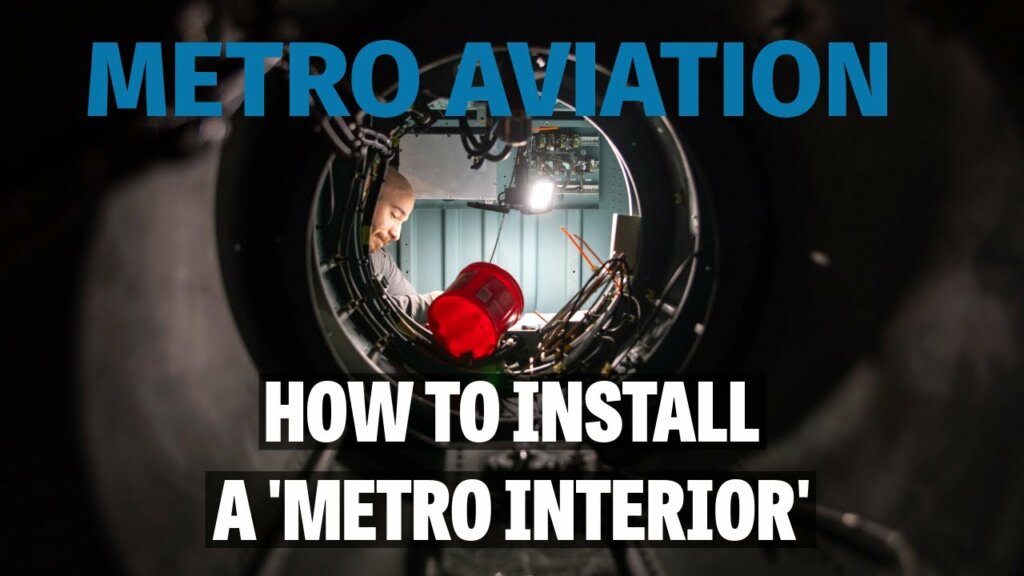U.K. eVTOL developer Vertical Aerospace and Rolls-Royce are benefiting from a new £113-million (US$136-million) investment through the U.K.’s Aerospace Technology Institute (ATI) Programme, aimed at supporting battery and hydrogen technology development for future electric aircraft.

“We are absolutely delighted to co-invest with the government in developing the lightweight, high-performance, and safe batteries we need to make zero-carbon flight a reality,” said Stephen Fitzpatrick, CEO and founder of Vertical Aerospace, in a press release.
Vertical will be leading a £30.8-million (US$37-million) project to develop a prototype propulsion battery system that can be used for aerospace applications, including its own eVTOL aircraft. The company is developing a piloted four-passenger VX4 aircraft, with an expected range of 100 miles (160 kilometers) and top speeds of 200 miles per hour (322 kilometers per hour). In July 2022, Vertical selected E-One Moli Energy, a manufacturer of lithium-ion cells, to supply its high-power cylindrical cells for the VX4.
Meanwhile, the remaining £82.8 million (US$99.4 million) will be used toward projects led by Rolls-Royce to develop a zero-emission liquid hydrogen combusting jet engine. Vertical has had a longstanding partnership with Rolls-Royce, having chosen the company in 2021 to design its electric propulsion system.
“ATI funding enables us and our partners to deliver these exciting projects that are critical to the delivery of the zero-carbon element of our net-zero roadmap and will help position the U.K. as a leader on the pathway to more sustainable flight,” said Grazia Vittadini, chief technology officer at Rolls-Royce.
The ATI Programme co-funds aerospace projects that support the development of zero-carbon aircraft. With £685 million (US$822 million) of government funding allocated to the ATI Programme over three years, grant winners are chosen by the Department for Business, Energy and Industrial Strategy, Innovate U.K. and ATI.
Along with the investment in battery and hydrogen technology development, the U.K. Department of Transport is launching a call for evidence to look for input from the sector on how U.K. airport operations can reach zero emissions by 2040. This is a target set in July 2022 as part of the government’s Jet Zero Strategy to decarbonize aviation.
“As well as developing the next generation of aircraft, it’s also crucial we make the sector greener on the ground,” said Transport Secretary Mark Harper. “The call for evidence … will help us gather evidence on how airports can reach zero emissions by 2040.”









